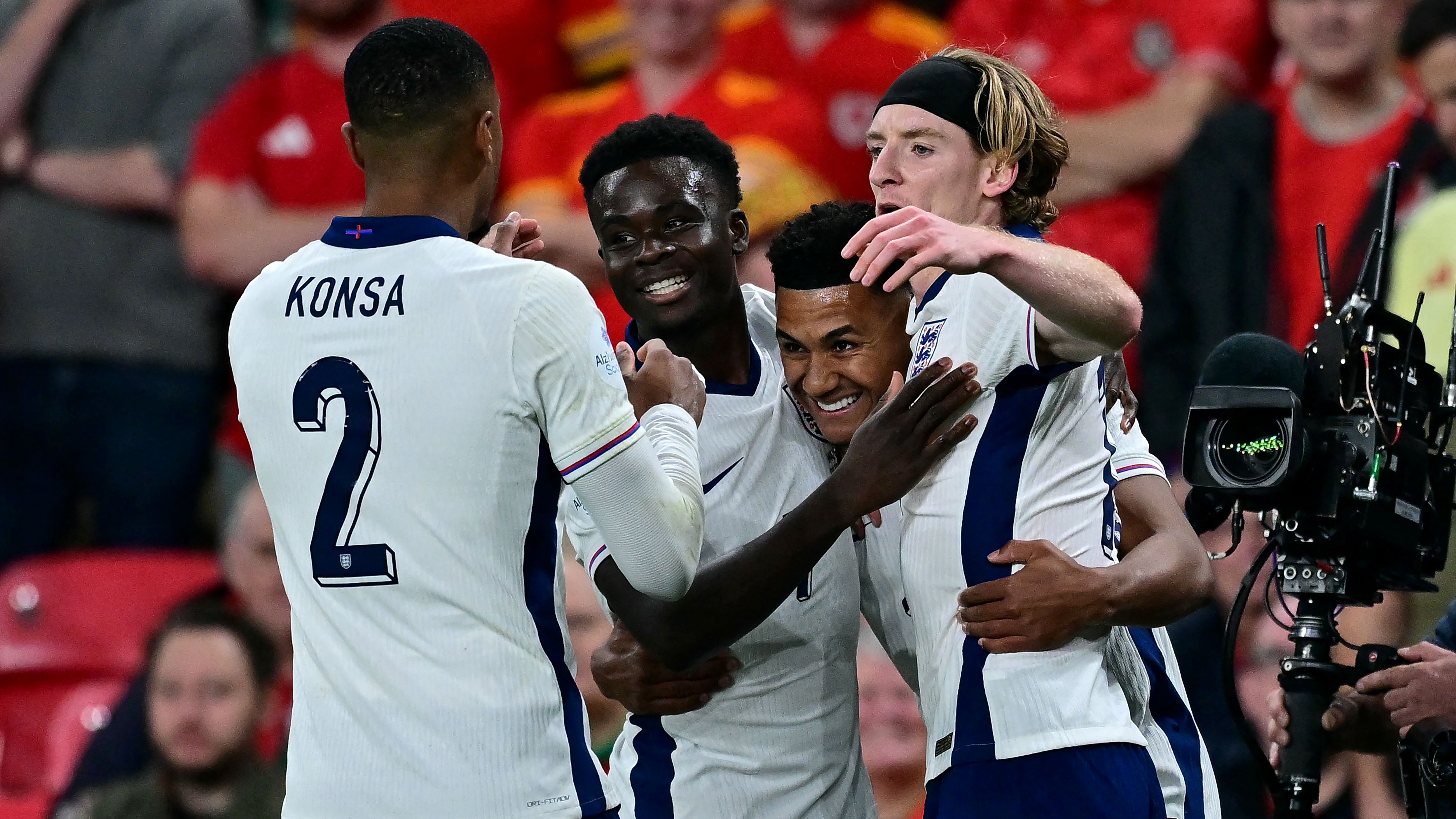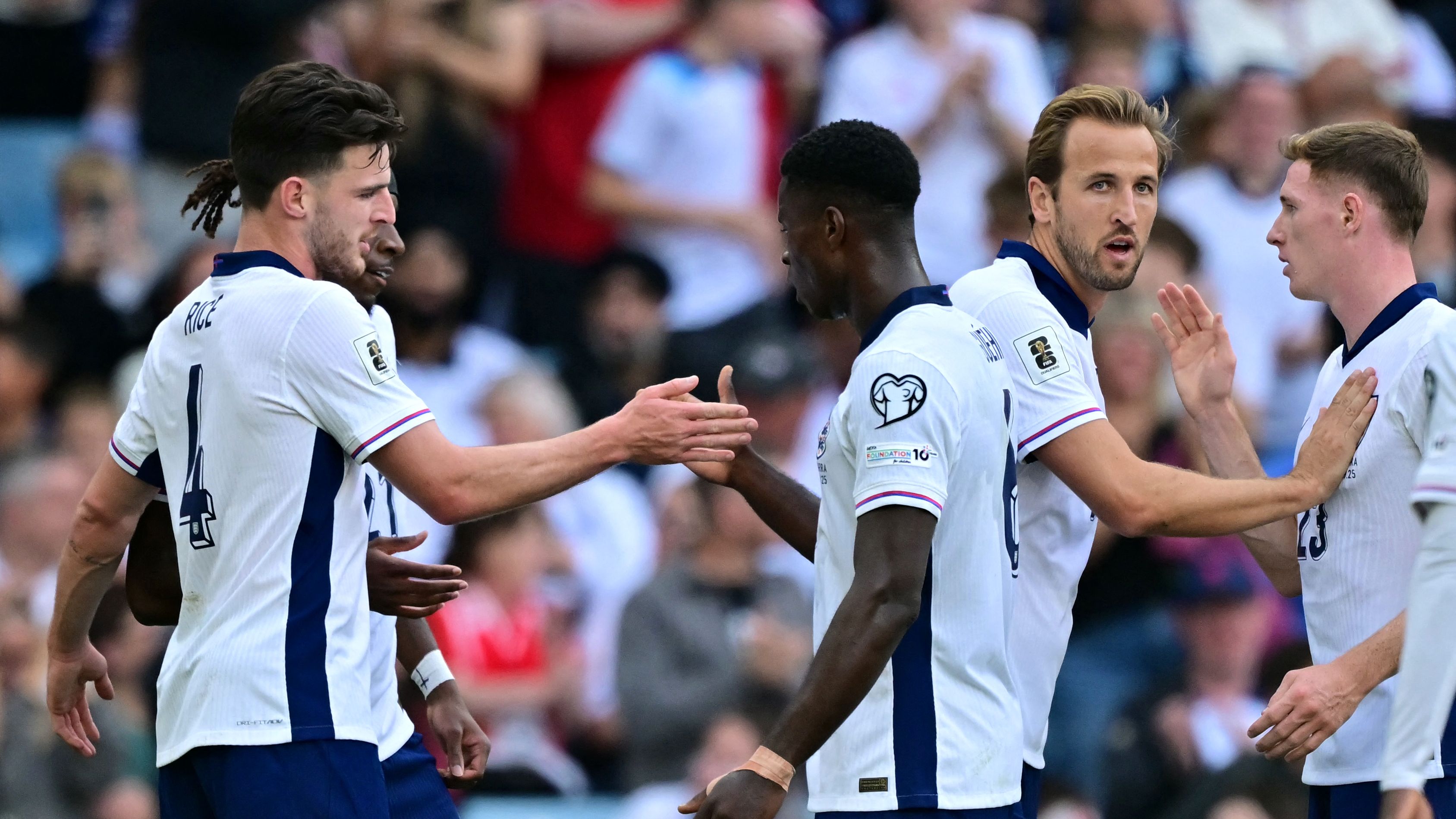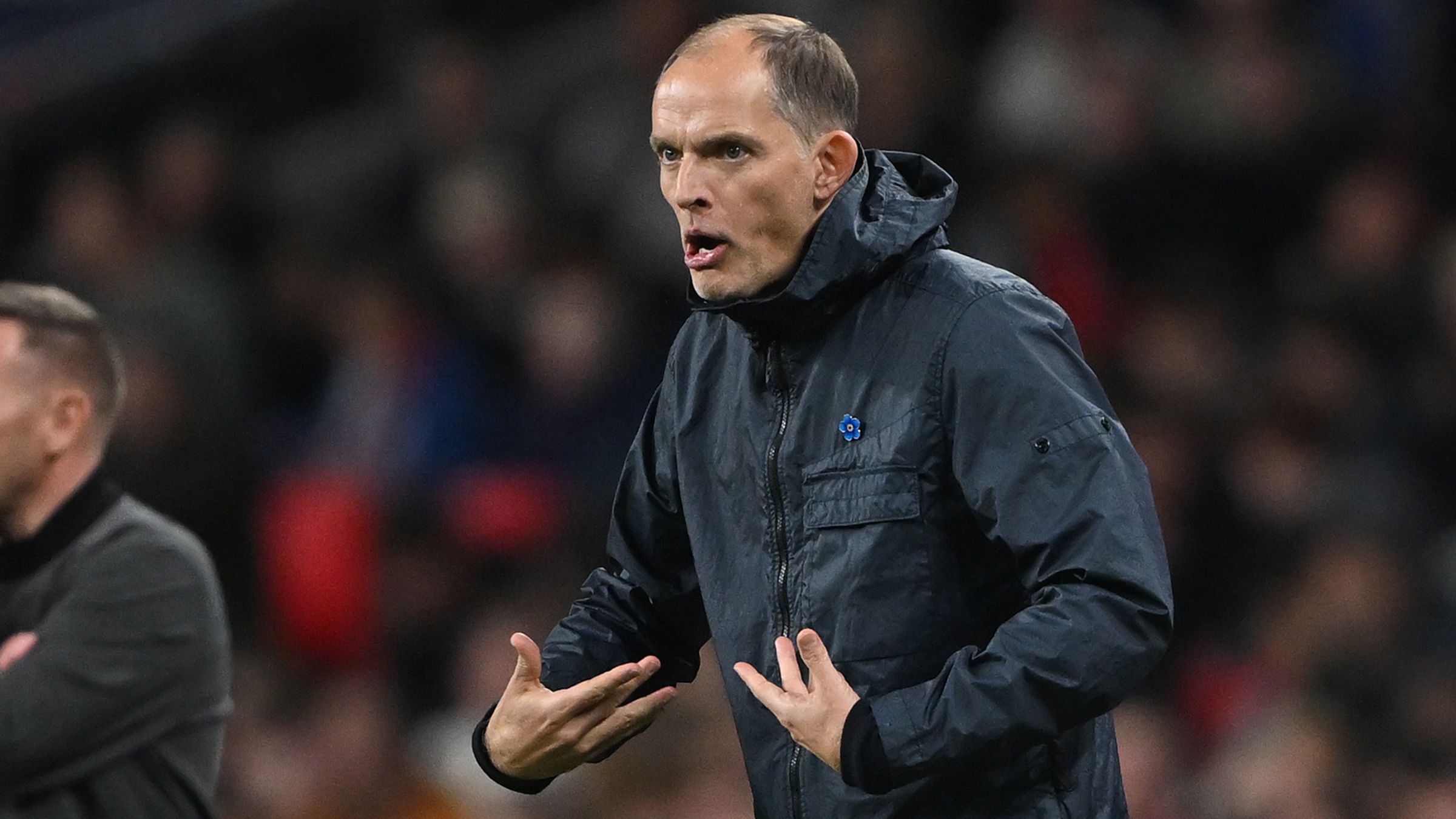


Revitalizing World Cup Qualifiers: UEFA Explores Innovative Formats to Reignite Fan Passion
In an era where World Cup qualifying excitement is fading, UEFA is contemplating bold changes to captivate audiences once more. Reports from reliable sources highlight growing concerns over waning viewer numbers and broadcaster involvement, prompting a thorough examination of current systems. Drawing inspiration from the recently launched Champions League structure, which emphasizes greater competition and diverse matchups, this potential shift aims to enhance the thrill for all participating teams and deliver more high-stakes encounters.
UEFA’s Integration of Nations League Concepts in Qualification Pathways
Since its introduction in 2023, the Women’s Nations League has successfully woven into the qualification frameworks for major tournaments like the World Cup and European Championships. Discussions among representatives from 55 European associations in Malaga have explored expanding this model to men’s competitions, weighing the pros and cons of various approaches to ensure balanced outcomes.
Evolution of the Existing Qualification Framework
The traditional setup for World Cup spots involves European teams competing in compact groups of four or five nations, with each playing the others twice. However, this method has seen a drop in audience appeal, largely because of the scarcity of blockbuster games that could draw widespread attention and boost engagement levels.
Rising Popularity of Alternative Competition Models
Recent data indicates a surge in participation and viewership for the Nations League, contrasting sharply with the dip in international qualifiers. One challenge with blending this into qualification is the potential reduction in high-reward opportunities for underdog teams when facing top-tier adversaries. Thus, adapting elements from the Champions League’s innovative design emerges as a promising alternative to address these imbalances.
Balancing Financial Gains and Competitive Equity in International Matches
Beyond merely securing tournament berths, the goal is to amplify revenue streams and sustain year-round interest in global football. International pauses during club seasons are frequently viewed as disruptions, and UEFA seeks to transform this perception by making qualifiers more appealing and seamless.
Insights from Key Stakeholders
A spokesperson shared with The Times that earnings from broadcasts and audience interaction for qualifiers are declining, while the Nations League shows positive trends. “We’ve examined this previously, but crafting an ideal balance that maintains tension for leading countries while fostering competitiveness and chances for lesser teams remains a complex task,” they noted.
Distinctions Between Club and National Football Dynamics
Despite the acclaim for the Swiss-inspired Champions League overhaul, experts caution that it isn’t a universal remedy, given the unique aspects of international versus club football. One insider emphasized that direct application might not fully translate across contexts.
Potential Transformations and Their Impact on Global Football
This proposed reform could inject fresh energy into international play, countering the noticeable decline in public fascination with qualifiers. As domestic leagues, especially the Premier League, continue to dominate as premier entertainment worldwide, these breaks might feel less engaging by comparison, potentially disheartening supporters.
Exploring New Qualification Structures
Observers are eager to see if upcoming changes will incorporate the Nations League, borrow from the Champions League blueprint, or introduce entirely novel ideas to refresh the qualification landscape.
Specific Scenarios for Top Teams
For instance, under a revised Champions League-like system, a nation such as England might encounter peers of similar caliber alongside less formidable opponents. In a hypothetical World Cup scenario with 16 available slots, the leading 12 teams could advance directly, while the following eight compete in playoffs for the last four positions.
Ensuring Fairness and Enhanced Viewer Experience
The core priority is to maintain equal opportunities for every country to reach the World Cup and European Championships. Should these adjustments succeed in making the process more captivating and elevating audience metrics, it would undoubtedly serve as a significant enhancement to the sport’s overall allure.
The Current Challenges in World Cup Qualifying
In recent years, World Cup qualifying rounds have faced significant hurdles, with declining viewer engagement becoming a major concern for football governing bodies like UEFA. Factors such as predictable match outcomes, repetitive formats, and competing entertainment options have led to waning interest among fans worldwide. Keywords like “World Cup Qualifying declining engagement” highlight how audiences are tuning out, with viewership numbers dropping in key markets. UEFA, as the governing body for European football, is actively exploring innovative solutions to breathe new life into these qualifiers, drawing inspiration from the high-stakes drama of the UEFA Champions League.
One key issue is the traditional group-stage structure, which often results in lopsided competitions where stronger teams dominate, leaving little room for surprises. This predictability has contributed to “revitalize interest in World Cup Qualifying” becoming a top search term, as stakeholders seek ways to make the process more exciting and inclusive.
Understanding UEFA’s Champions League-Style Proposal
UEFA’s proposal involves adapting elements of the Champions League format to World Cup Qualifying, such as knockout-style rounds, wildcard entries, and inter-confederation play-offs. In this revamped system, teams might advance through a series of high-pressure matches that mirror the intensity of Champions League ties, complete with two-legged encounters and penalty shootouts. This approach aims to “UEFA explores Champions League-style format” as a way to inject unpredictability and excitement, potentially increasing global viewership.
For instance, under the proposed changes, smaller nations could gain more opportunities to face top-tier teams earlier in the qualification process, fostering a sense of competition that resonates with fans. European qualifiers might incorporate a league phase where points accumulate across multiple rounds, leading to a finals-style tournament for the continent’s spots in the World Cup. This shift could address “declining engagement in football qualifiers” by making every match feel crucial, much like how the Champions League keeps audiences hooked with its group stage and knockout phases.
Benefits of the Champions League-Style Format
Adopting a Champions League-inspired format for World Cup Qualifying offers several advantages that could help “revitalize interest amid declining engagement.” First, it enhances competitiveness by rewarding teams for consistent performance over a season, rather than relying on a single match or group outcome. This could lead to more upsets and memorable moments, drawing in casual viewers who crave drama.
Bullet points outlining key benefits include:
- Increased Fan Involvement: With more high-stakes games, fans might see greater player rivalries and storylines, boosting social media buzz and attendance.
- Global Appeal: By incorporating elements from the popular Champions League, the format could attract a younger demographic, aligning with searches for “UEFA World Cup Qualifying innovations.”
- Economic Boost: Higher engagement could translate to more broadcasting deals and sponsorships, benefiting federations and clubs financially.
- Inclusivity for Emerging Teams: Lesser-known nations might get a fairer shot, promoting diversity and inspiring new fan bases in regions with growing interest in international football.
Overall, these benefits position the new format as a strategic move to “enhance World Cup Qualifying engagement,” potentially reversing trends of viewer fatigue.
Practical Tips for Fans and Stakeholders
As UEFA pushes forward with these discussions, fans and football organizations can prepare by staying informed and actively participating. Here are some practical tips to make the most of potential changes:
- Stay Updated on Developments: Follow UEFA’s official channels and use keywords like “Champions League-style World Cup Qualifying” in your searches to track announcements.
- Engage with Your Team: Join fan forums or local clubs to discuss how the new format might affect your favorite squad, fostering community around “revitalizing World Cup interest.”
- Watch and Analyze Current Matches: Use the existing Champions League as a blueprint-pay attention to how its structure builds tension and apply those insights to World Cup qualifiers.
- Advocate for Changes: If you’re a stakeholder, such as a club representative, provide feedback through UEFA surveys to ensure the format addresses “declining engagement in European football.”
These tips not only help individuals but also contribute to a broader dialogue on how to “UEFA explores new formats for qualifiers,” making the transition smoother for everyone involved.
Case Studies from Other Football Competitions
To understand the potential impact of UEFA’s proposal, it’s helpful to examine case studies from competitions that have successfully implemented similar formats. For example, the CONCACAF Champions League has evolved its structure to include more knockout rounds, resulting in a 25% increase in viewership over the past five years. This mirrors how “Champions League-style innovations” could work for World Cup Qualifying, where added excitement led to higher engagement in regions like North America.
Another relevant case is the AFC Champions League in Asia, which introduced a league phase with promotion and relegation elements. This change not only “revitalized interest amid declining engagement” but also boosted participation from underdog teams, leading to record-breaking finals attendance. By drawing parallels, UEFA could anticipate similar outcomes, such as increased betting activity and merchandise sales tied to World Cup qualifiers.
First-Hand Experiences from Football Insiders
Insights from those directly involved in football provide valuable perspectives on this topic. A former UEFA executive shared in interviews that testing a Champions League-style pilot for European qualifiers could “significantly boost World Cup engagement,” based on their experience with the Europa League’s format overhaul. They noted how the added layers of competition kept fans invested, even during less prominent matches.
Similarly, a coach from a mid-tier European nation recounted how participating in a simulated knockout-style qualifying tournament during a friendly series reignited player motivation and fan turnout. These first-hand accounts underscore the real-world potential of UEFA’s plans, emphasizing how such changes could transform “World Cup Qualifying from routine to riveting.”









